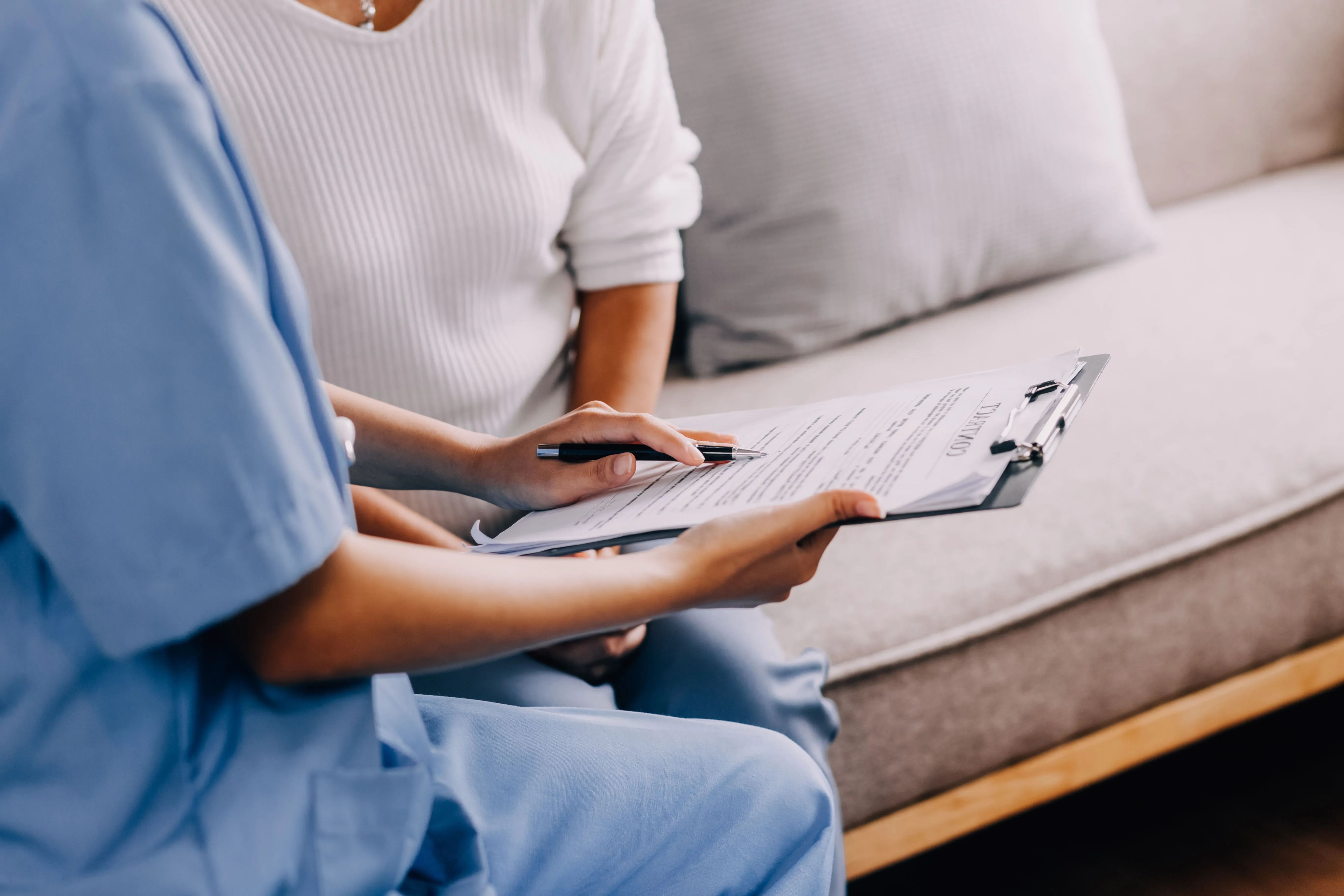Psychedelics in Psychiatry: A Study on Mental Health and Safety Monitoring

Understanding the Impact of Psychedelics on Psychiatric Treatment
Psychedelics, including LSD and psilocybin, have garnered attention for their potential in treating mental health conditions. A recent study published in JAMA Psychiatry indicates that these substances are generally safe when used in clinical settings, though there is a pressing need for enhanced monitoring protocols.
Research Findings on Adverse Events
The systematic review analyzed data from 114 studies involving 3504 participants. The results revealed that serious adverse events (SAEs) and non-serious adverse events (NSAEs) were rare among participants in monitored environments. However, approximately 4% of individuals with preexisting neuropsychiatric disorders reported SAEs, such as worsening depression and psychotic symptoms, while no SAEs occurred in healthy participants.
- Adverse events were categorized based on severity and nature.
- Concerns over incomplete data reporting were noted.
- Modern studies showed no cases of severe complications like suicide following high-dose psychedelics.
Importance of Rigorous Safety Monitoring
The authors stress that although psychedelics are tolerated well, systematic pharmacovigilance is crucial to accurately assess risks and enhance safety standards in both clinical and research settings. Improving reporting practices is imperative to protect participants and enhance public understanding of psychedelics.
This article was prepared using information from open sources in accordance with the principles of Ethical Policy. The editorial team is not responsible for absolute accuracy, as it relies on data from the sources referenced.